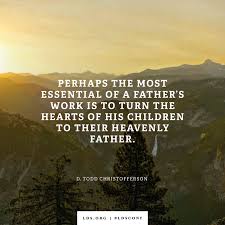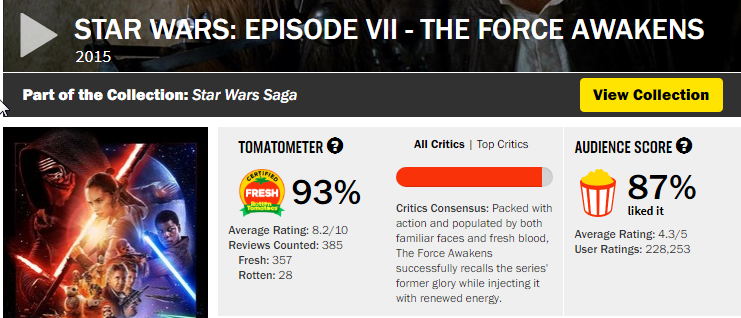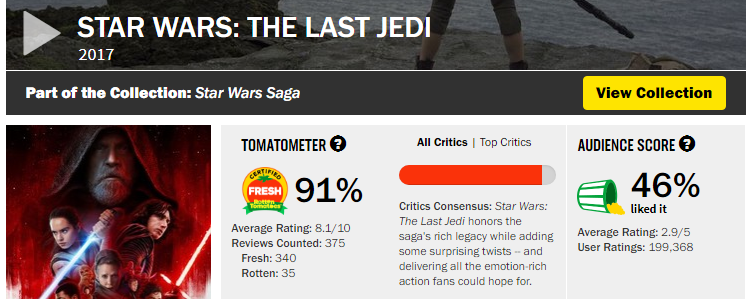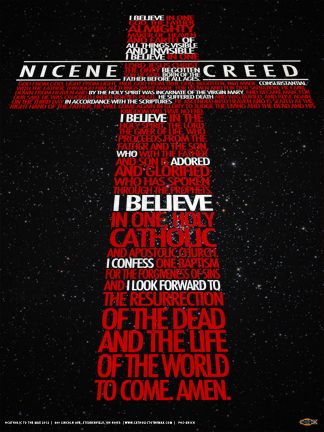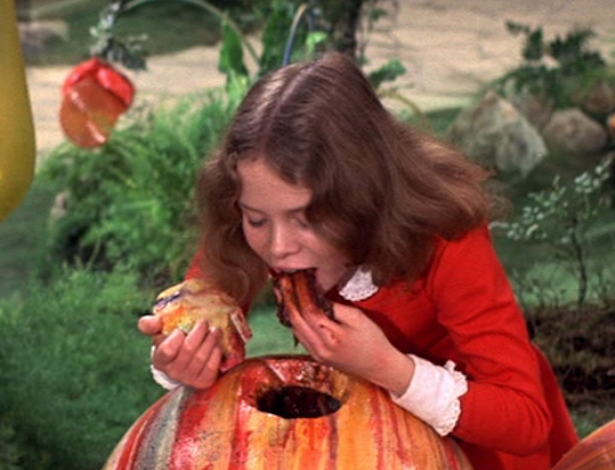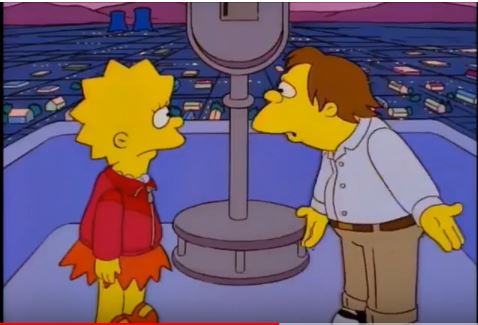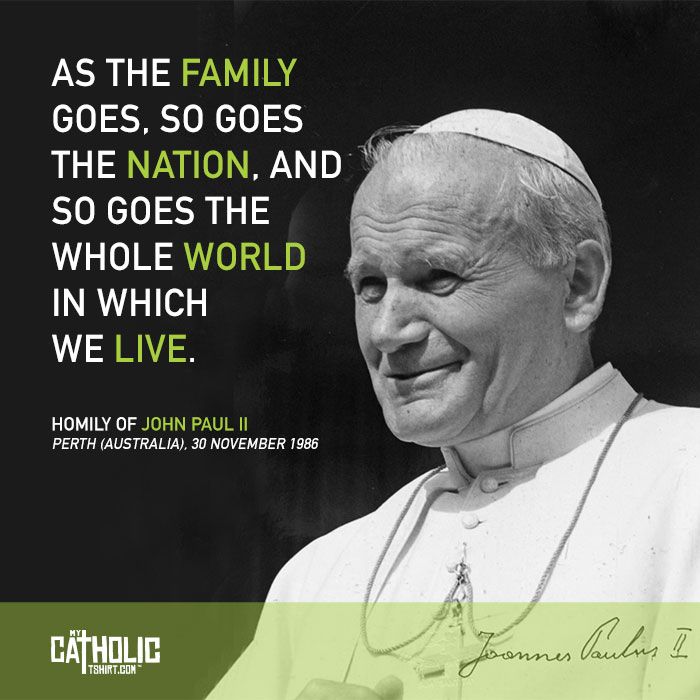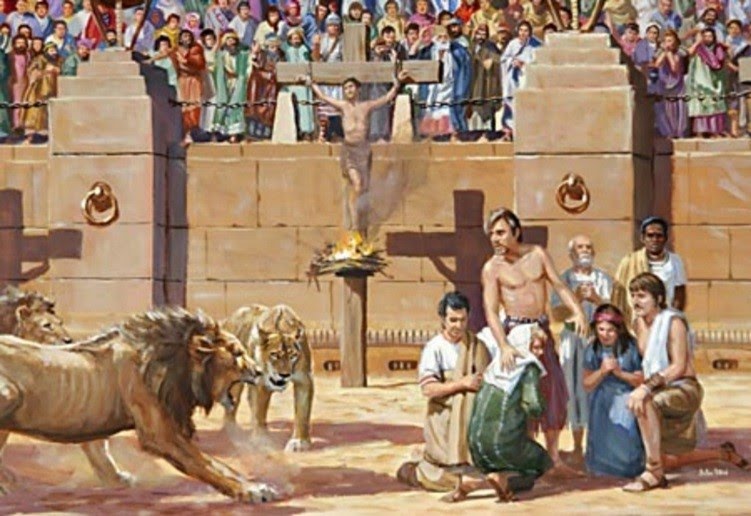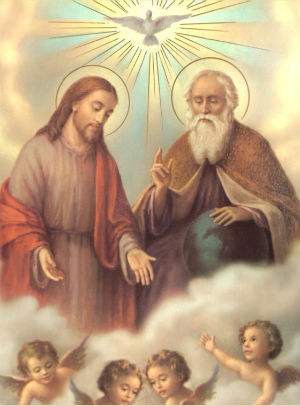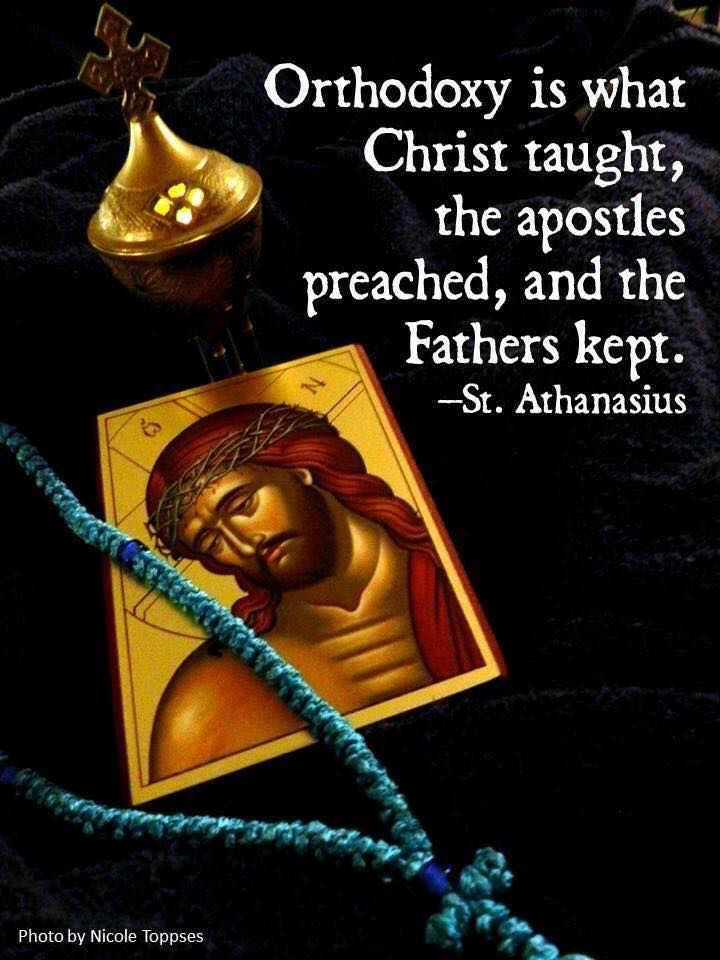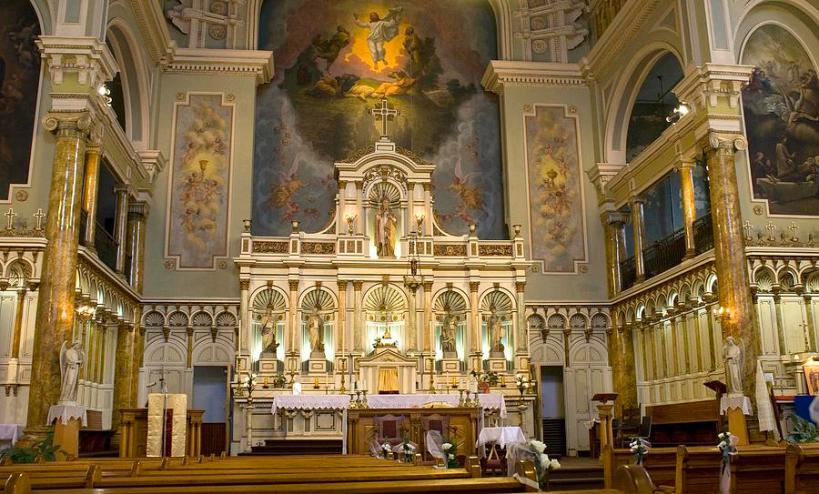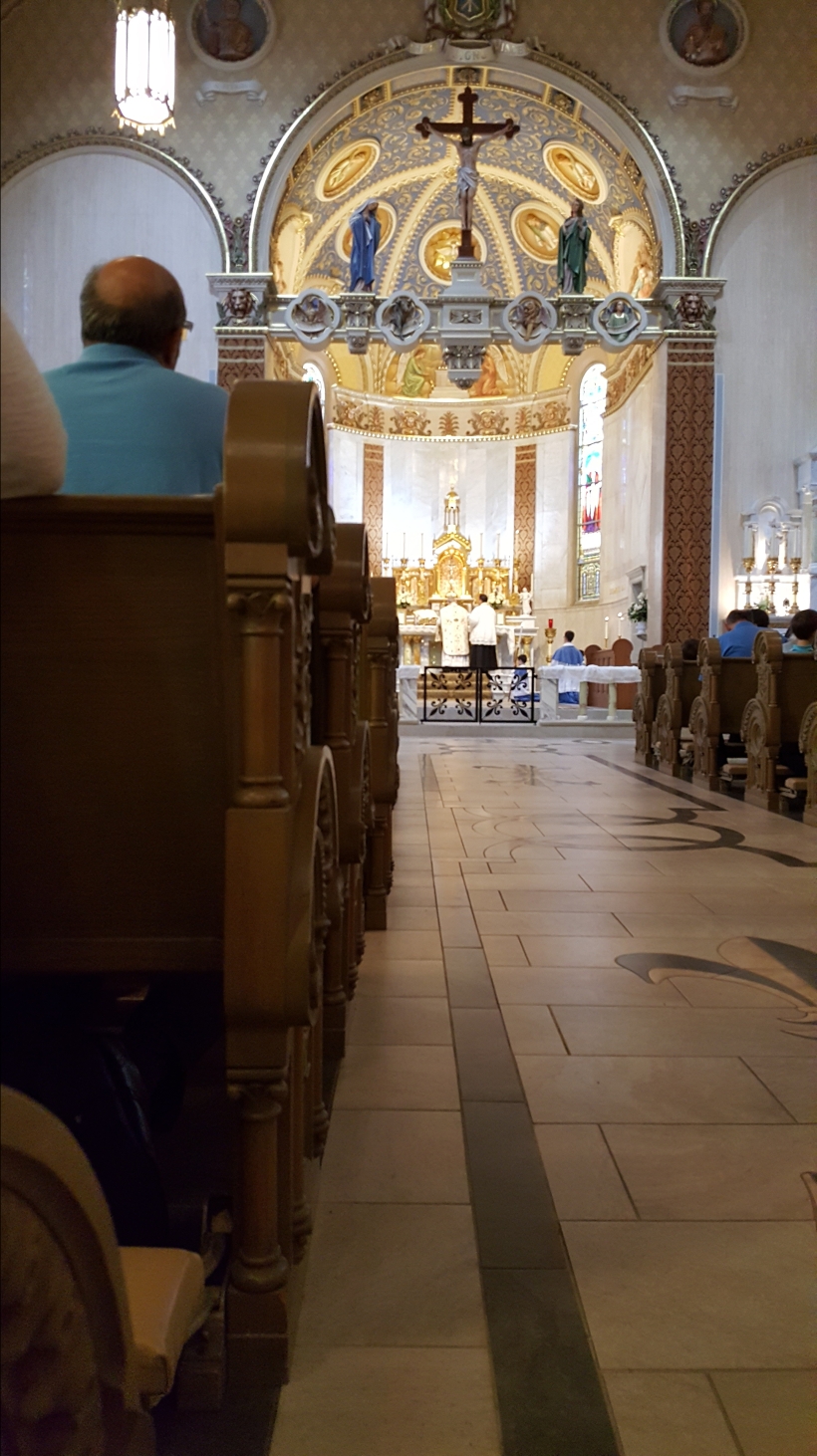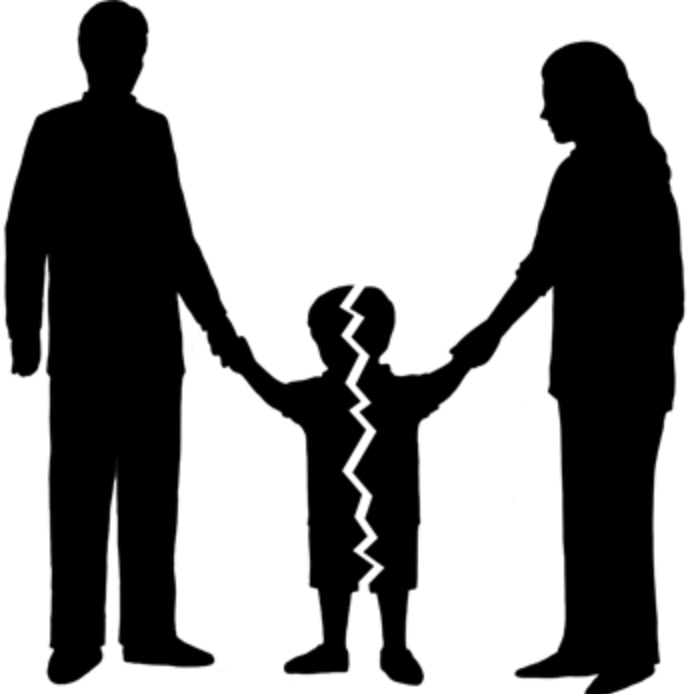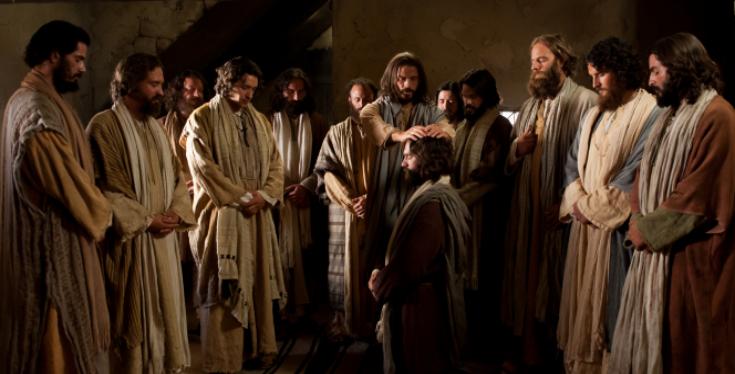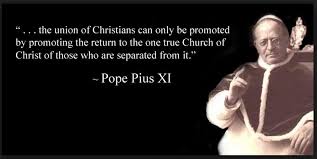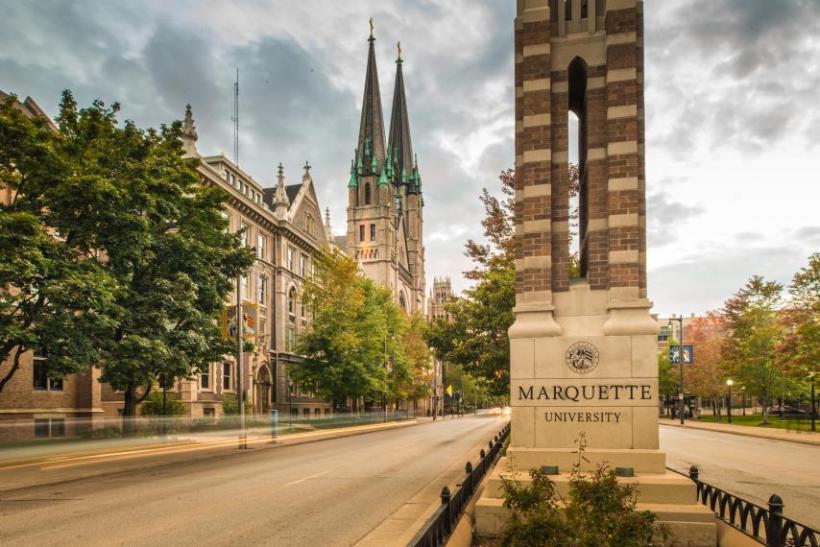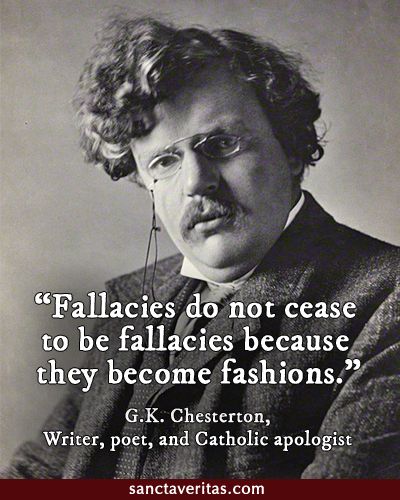I received a text yesterday from the United States Conference of Catholic Bishops (USCCB) regarding an upcoming legislative bill being proposed which would make questions about religious beliefs to potential judicial nominees illegal. I was quickly struck by how weak our bishops’ messages have become. If an issue is not directly and unambiguously attacking the Church, the bishops are usually silent. Sure they’ll speak out about judicial nominees being disqualified simply because they live their Catholic faith, but what about the less direct or more controversial attacks on our faith? How about challenging Catholics to step up and turn away from a culture that has become completely hostile to a Christian way of life?
For some reason the story of Braveheart popped into my mind, and I was struck by how similar our current situation is to the one in that movie. In this analogy, the current culture is the English troops who are acting as an occupying and oppressing force in Scotland. The English troops surround the Scots at all times – they’re in the Scottish towns and villages, constantly keeping them underfoot. Similarly our culture is constantly opposing our Catholic values. It surrounds us at all times – it’s on our TVs, it’s in our schools, it’s in our books, it’s in our stores. It relentlessly tells us that life is about pleasure, money, and making ourselves happy, whatever the cost. Its effectiveness is easy to see: contraception, divorce, materialism necessitating daycare, ambiguous definitions of marriage, and rampant violence caused by a lack of respect for life. Our culture has completely oppressed the values that Catholics should hold dear.
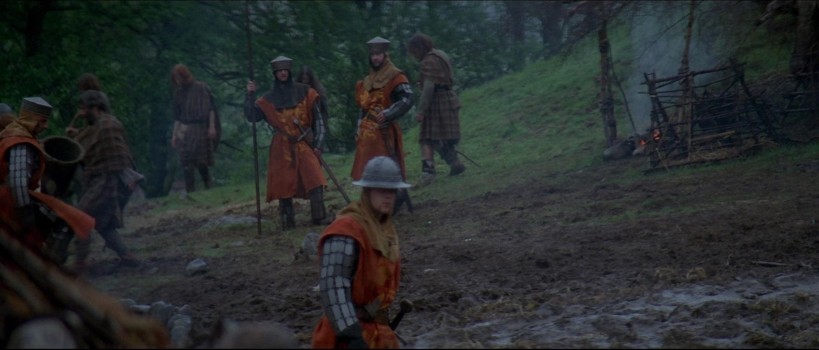
The English troops aren’t hanging around in Scotland for fun. They have been ordered there by the English crown, King Edward Longshanks. In the beginning of the movie he institutes Prima Nocta when he realizes that English blood must infiltrate the Scottish families in order to stop the constant Scottish rebellions. In our analogy the English crown is our cultural elites and political leaders. They willfully impose their amoral values on the rest of the country. Whether by forcing schools to promote homosexual culture, enacting horrifying infanticide laws, or silencing the voices of those who disagree with them, these elites trying to choke out existing Catholic values. And they do it everywhere possible. In libraries, in schools, on TV, in books. They have realized that they can’t erase the Catholic culture until they infiltrate our lives and homes.
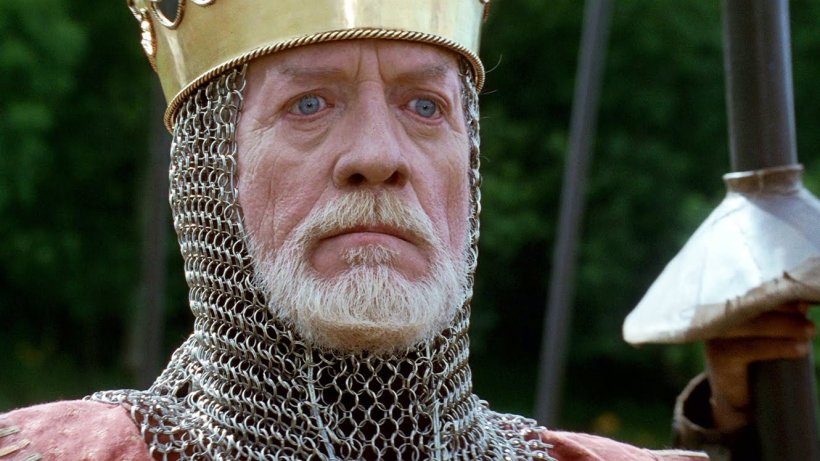
Of course, the ones who should be protecting the Scottish people are the Scottish nobles. These men have lordship over the Scottish peasants, and in return it is their duty to protect them. In the movie such protection is seemingly absent. As Robert the Bruce, the rightful heir to the Scottish throne tells William Wallace “From top to bottom, this country has got no sense of itself, its Nobles share allegiance with England.” In one of the pivotal moments of the film, we see two nobles pull their troops off the battlefield rather than fight with the Scottish peasants against the English. We hear Longshanks tell Robert the Bruce, who has also sold out to the English: “I gave Mornay double his lands in Scotland and matching estates in England. Lochlan turned for much less.” In our analogy, the Nobles are the Catholic Bishops who do so very little to lead our Catholic laity against the crushing pressure of our anti-Christian culture. The bishops seem satisfied with banal messages about love (charity) for all, acceptance, and a welcoming atmosphere. These messages are about coexisting with our oppressive culture; they are about remaining in peace even if it means living in bondage. These aren’t the messages of a leader liberating his people from slavery.
Still other bishops have completely betrayed the faithful and dissent from Catholic beliefs. They’ve sold out the impoverished laity for the prestige and esteem given by the anti-Christian media to dissenting clergy.
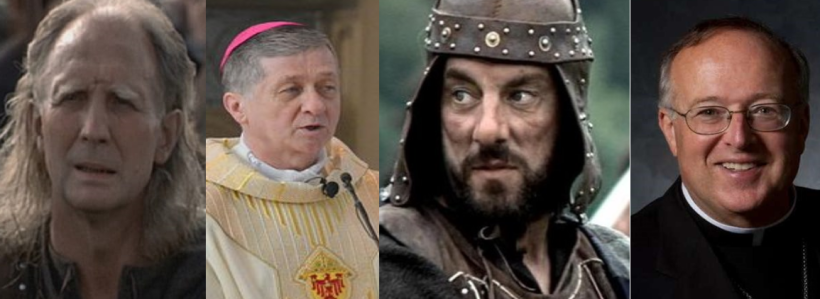
Devout Catholics are thirsty for truth – we crave it. We want to know that our bishops and priests will stand up with us if we dare to loudly reject the lies our culture is selling us. The recent controversy between Nick Sandmann and Nathan Phillips pointed out just how true it is. Before having almost any of the facts, more than one Catholic bishop spoke out against the pro-life students. Just like Mornay and Lochlan, they sided with the culture instead of their flock. It’s clear the US Catholic clergy have gotten too used to being influential among those same cultural elites and politicians who oppress Christianity. Where are the public rebukes of politicians who forcefully oppose Christianity? When will bishops speak out against the real ways our culture is attacking our Catholic ideals (TV, contraception, public schools, internet etc.)?
The last character to be identified in our analogy is William Wallace. Through his bravery, huge armies of peasants rise up to fight the tyranny of the English crown. Eventually, the Scots do win their freedom, though Wallace must give up everything, including his life, to accomplish it, and doesn’t even live to see it. He isn’t a noble, but he has courage, conviction, and loyalty. That is what is needed to inspire others to fight and win their freedom.
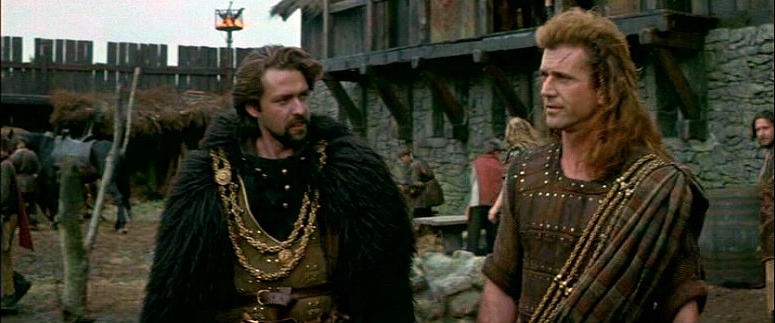



 The book begins with a description of how dragons have traditionally always been a symbol of evil. The Bible identifies Adam and Eve’s tempter as a serpent or snake. Saint George converts an English town by defeating a great dragon. Several other cultures have dragons, and whether they be Gorgons or Apophis or Tiamat, they are usually malicious or sly.
The book begins with a description of how dragons have traditionally always been a symbol of evil. The Bible identifies Adam and Eve’s tempter as a serpent or snake. Saint George converts an English town by defeating a great dragon. Several other cultures have dragons, and whether they be Gorgons or Apophis or Tiamat, they are usually malicious or sly.

